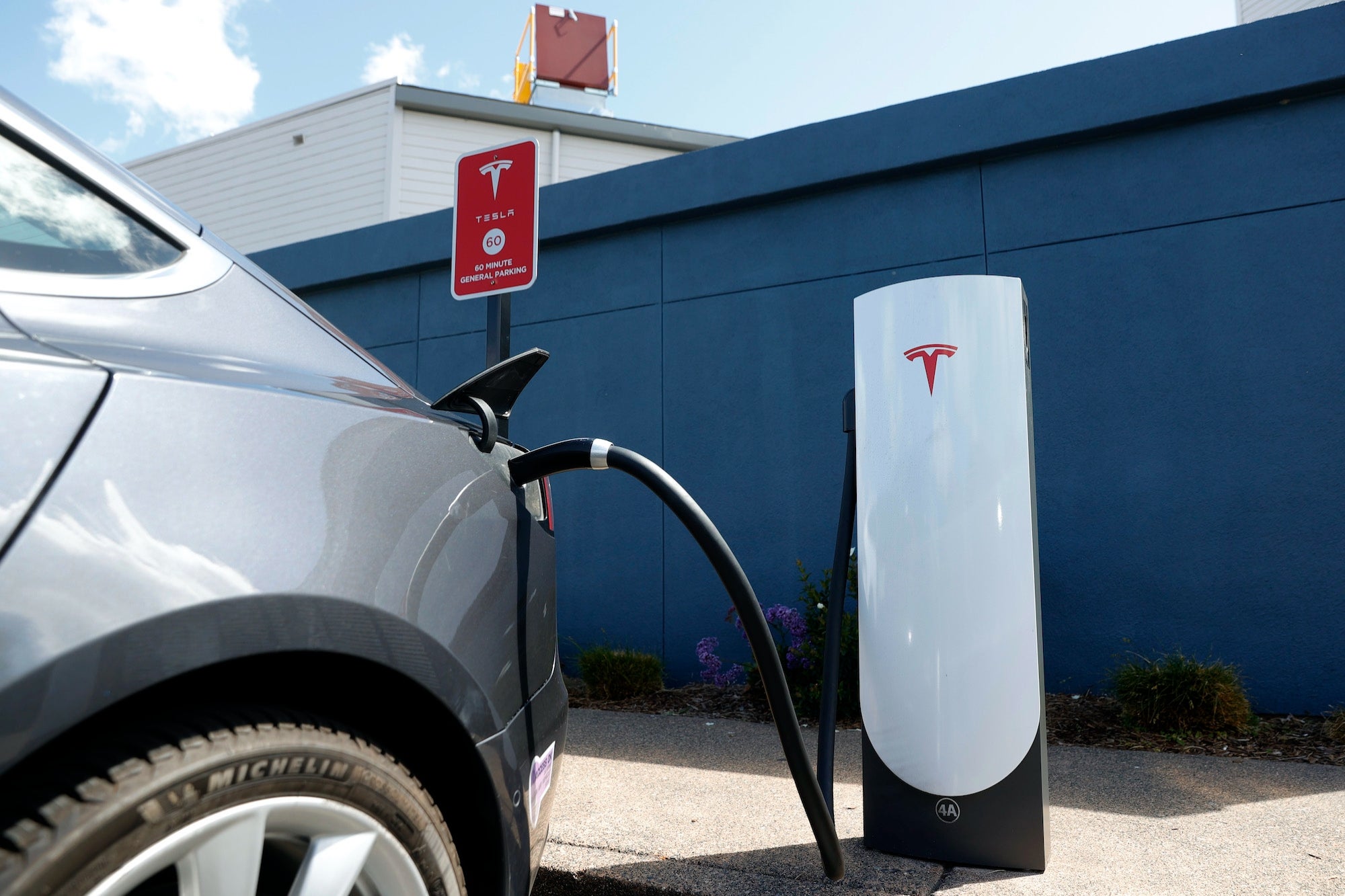Opinion: Politicians Are Rushing a Transition to Electric Vehicles and Small Businesses Will Pay for It Auto expert Lauren Fix writes that new policies are saddling entrepreneurs with higher prices and fewer options for their transportation needs.
By Lauren Fix Edited by Sean Strain
Opinions expressed by Entrepreneur contributors are their own.

Small business owners beware: From California to Minnesota to Washington, D.C., governments are pushing policies to eventually eliminate gas-powered vehicles and subsidize the electric car market. For consumers and small businesses alike, the consequences will be higher prices, rising taxes, and fewer transportation options to fit our needs.
These policies come in various shapes. In some states, utility companies are looking to raise electricity bills to pay for electric vehicle (EV) charging infrastructure, even though these utilities will profit off of what is being built. Meanwhile, California recently announced a full ban on gas- and diesel-powered cars by 2035. Minnesota finalized EV sales mandate this summer, and New Jersey and Virginia want to be next.
While these policies may not fully take effect for years, the hardship for business owners and consumers starts now. Small businesses are already struggling from the pandemic and higher labor costs, and these bans and mandates will now raise the price of transportation. Higher prices will impact any business that uses vehicles, from service providers like plumbers, landscapers and delivery drivers to manufacturing or supply companies that transport products to market. Even those few businesses that don't require transportation will face higher taxes.
Related: Elon Musk Shares His 5-Step Process in Candid Video: 'Start By Making Your Requirements Less Dumb'
If your company is eventually compelled to invest in an EV, you should be prepared to spend a lot more than you would for a gasoline-powered vehicle and significantly more in insurance each month. That may be fine for big businesses and the wealthy, but it is a substantial hit for small businesses and most consumers.
If you choose to buy a gas or diesel vehicle, you will face an inflated price anyway, because car companies are forced to charge more for traditional cars to make up for their losses on EVs. Away from the dealership, you'll find inflated fuel prices designed to penalize gas and diesel users.
Regardless of what you choose to buy, your taxes will be raised to pay for building out the charging infrastructure needed to get millions of new EVs on the road. EV infrastructure will cost around $125 billion a year—money that government will take from you and me, rather than the companies that will profit.
Climate change is cited as the reason for all these EV policies, but there is no such thing as a "zero emissions vehicle." EVs have a massive environmental impact of their own. Roughly half of an EV is made of plastics derived from petroleum. Each EV also requires the extraction and processing of 500,000 pounds of materials and minerals, including nickel, cobalt and lithium, the processing of which can lead to air, ground and water pollution. Expanding infrastructure to charge EVs would require even more minerals that aren't sourced in the United States.
Meanwhile, gas and diesel vehicles are far from the climate problem they are made out to be. Manufacturing a gas-powered car generates fewer emissions than assembling an EV, and with each new generation of engines, internal combustion vehicles are getting cleaner. A study from the University of Toronto found that from assembly through the first 20,000 miles, a Tesla and a RAV4 produce nearly identical amounts of greenhouse gas emissions.
As a small business owner, I think in terms of bottom lines. What I find frustrating about EV-forcing regulation is the simultaneous over-reach and under-delivery. There are far more efficient and cost-effective ways to fight climate change than mandating a total shift to EVs. It costs as much as $640 to cut a single ton of carbon using EV subsidies. You could cut the exact same amount of carbon by spending $10 planting trees. Further, forcing someone who needs a car for their livelihood to buy an EV, put a charging station in their garage, pay a higher electricity bill, higher insurance and higher maintenance costs is not a "pro-environment" policy—it's an anti-worker policy.
I have been involved in the automotive industry for decades. I've seen new technologies rise and fall, and with that experience, I can see that car companies are scrambling to find a viable business model for EVs. But regulators aren't waiting for the economics to work out. They are advancing EV-forcing policies now. California is leading the way. It is the largest auto market in the United States, the most radical policy incubator in the world and a trendsetter for other states and for the federal government. Soon others will follow.
The bottom line is simple: the government wants to tell your business and your family what it can and cannot buy, and then force you to pay for it – no matter the cost.








